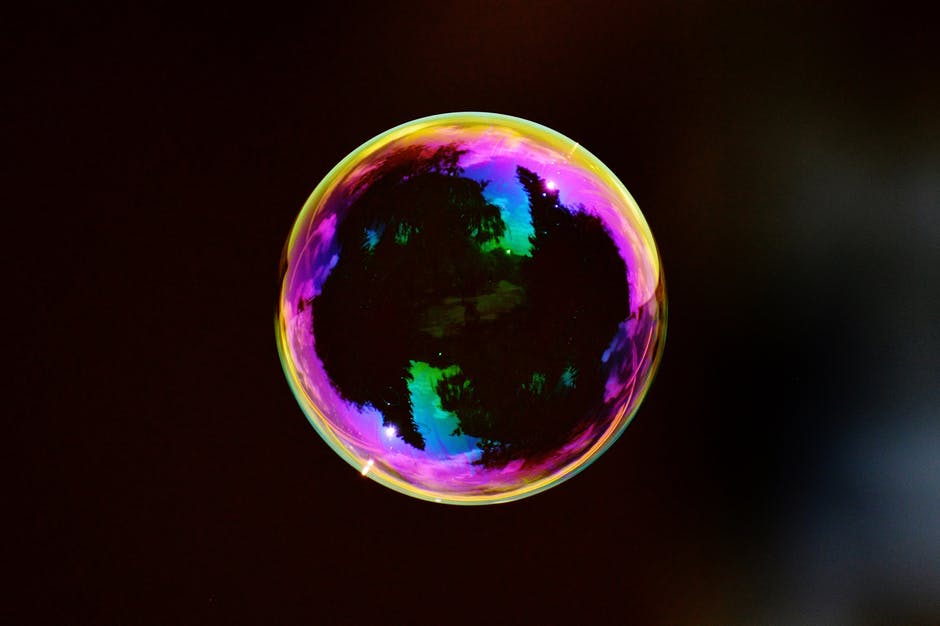5 Factors That Drive Our Loneliness

Japanese author Haruki Murakami writes, “Why do people have to be this lonely? What’s the point of it all? Millions of people in this world, all of them yearning, looking to others to satisfy them, yet isolating themselves. Why? Was the earth put here just to nourish human loneliness?” He has a point. If life is only filled with loneliness, it makes it hard to look forward to things. It makes it hard to find any purpose at all.
When we feel lost and perceive ourselves as lonely, it can be detrimental to our well-being. Research has shown that perceived and physical social isolation are linked to the increased risk of early mortality. It is only when people feel socially included that their mental and physical health improves. So, if loneliness is a struggle, how can we identify where it comes from? Psych2Go shares with you 5 factors that drive our loneliness:

1. When our ideals of social relationships don’t match up with the reality of them
Loneliness isn’t synonymous to being alone. You could feel more alone in a room full of people than when you’re off on your own staring out at the city lights from a rooftop. That’s because our way of thinking and how we perceive our relationship with the world shapes the way we feel, too. If you think that you’re a misfit, then you’re more likely to have less engaging interactions with others. When our relationships with people don’t match up with our ideals, disappointment follows, but loneliness is born, too.

2. Negative experiences in our early lives can cause us to develop habits and behaviors that hinder our ability to connect with the world.
If you grew up with an angry parent, it might have influenced you to be quiet and retreat inwards so as to attract less attention as possible. When we feel rejected from parents or guardians who didn’t foster healthy relationships with us, we find it hard to trust and be open to the rest of the world. We might be suspicious when others try to reach out to us, fearing that one day, they’ll let us down, hurt, or abandon us. So, we may end up adapting the whole “me against the world” mentality that causes us to isolate instead of participating. Murakami writes, “What happens when people open their hearts? They get better.” Letting people in is essential if you want to fully heal.

3. Self-criticism causes us to shut others out that make the walls grow taller.
If we allow the negative thoughts to win, then we start to believe them. Thinking that we’re not good enough to be friends with someone or believing that someone is too out of our league to ask them out on a date causes us to shrink away in fear. Instead, we feel burdensome, so we choose to hide in the background and become invisible. This makes it hard for others to notice and approach us.

4. Indulging in negativity because it’s familiar to us
When we’re used to having bad events happen around us, it’s almost like we expect them, so when something good does occasionally arrive, we’re too busy trying to pick it apart and find the bad before it actually happens. Indulging in the negative experiences becomes familiar, but that also sets a trap. Being single-minded allows us to receive loneliness more readily that it becomes the only experience we accept.

5. Not stepping out of our comfort zones enough
Instead of working towards what you want and building the kind of connections you desire, if you’re only dreaming about it and not actively doing anything to make it happen, then you remain immobilized and distant. This creates loneliness, because you prevent yourself from stepping out, taking chances, and growing. Although change doesn’t always translate to success, without change, nothing can progress. This concept also applies to the social relationships we want to cultivate.
What do you think drives your loneliness? Psych2Go would love to hear your thoughts! Please be sure to leave a comment down below!
If you enjoyed this article, you may also like 5 Effective Ways to Cope with Loneliness from Psych2Go.
References:
Firestone, L. (2017, September 28). What Drives Our Loneliness? Psychology Today. Retrieved October 5, 2017.
Murakami, H. (2000). Norwegian Wood. New York: Vintage.
Murakami, H. (2001). Sputnik Sweetheart. New York: Vintage Books.


Oh my God, everything I’ve read here is so true.
;(